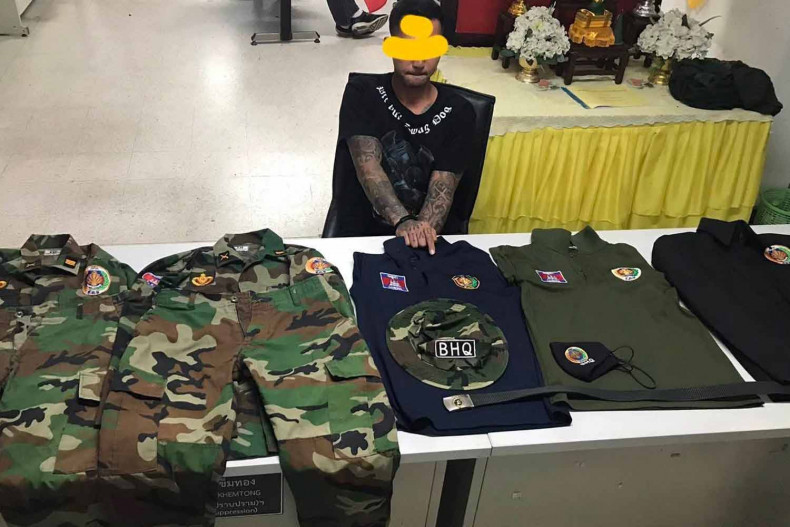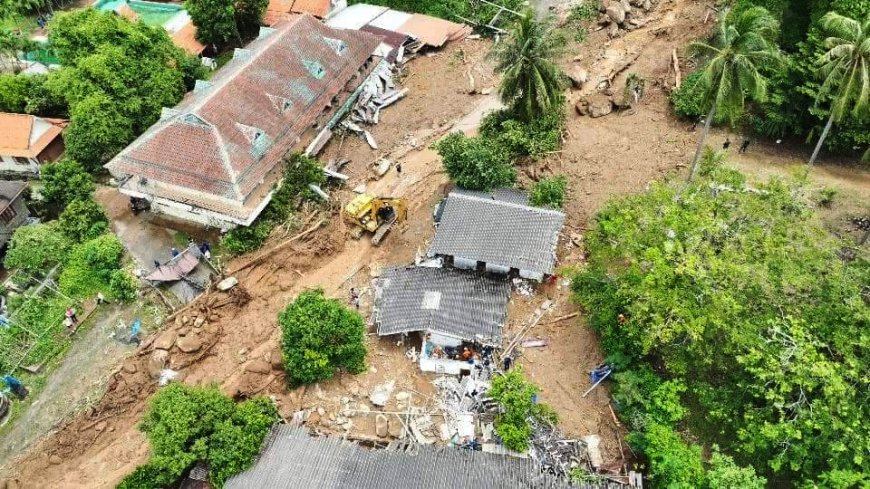Health Officials Respond to H5N1 Outbreak
Thailand’s Department of Disease Control (DDC) has issued an alert after the confirmation of the first severe case of avian influenza H5N1 in the United States. This development has raised concerns among health officials and prompted them to take precautionary measures to protect public health.
Urging Travelers to Report Symptoms
Dr. Panumas Yanwateesakul, the director general of the DDC, emphasized the importance of vigilance among Thai citizens returning from affected areas. He urged travelers to report any symptoms they may experience within 14 days of their return.
- Details of the US Case: The case was reported by the US Centers for Disease Control and Prevention (CDC) on December 18, involving a 65-year-old patient in Louisiana who had underlying health conditions and is currently receiving intensive care for severe respiratory complications.
Understanding Avian Influenza and Its Risks
Insights into H5N1 Transmission
Dr. Panumas noted that this incident marks the 61st cumulative case of human avian influenza in the US and is the first linked to direct contact with infected backyard poultry.
- Genetic Analysis Findings: Preliminary genetic analysis indicates that the H5N1 virus detected belongs to the D1.1 gene group, which has been circulating among wild birds and poultry in the US.
- Zoonotic Nature of Avian Influenza: “Avian influenza is primarily a zoonotic disease affecting poultry,” Dr. Panumas explained, adding that while recent cases have been observed in mammals, human-to-human transmission has not been reported.
Thailand’s Preventive Measures
Comprehensive Strategies for Control
In response to this situation, Thailand is implementing extensive measures to prevent and control potential avian influenza outbreaks. The Department of Livestock and other relevant agencies are closely monitoring developments.
- Joint Drills and Surveillance: A comprehensive joint drill plan is in place for agencies managing both human and animal health, along with operational manuals for medical personnel dealing with potential avian-influenza cases.
- International Traveler Surveillance: The International Communicable Disease Control and Quarantine Checkpoint has established surveillance measures for international travelers, ensuring that adequate materials and equipment are available for prevention and treatment.
Public Health Recommendations
Safety Guidelines for Citizens
As part of their public health campaign, officials are advising citizens on safety measures to mitigate risks associated with avian influenza.
- Seek Medical Attention for Symptoms: Travelers returning from affected regions who exhibit respiratory symptoms such as fever, cough, or shortness of breath should seek immediate medical attention and disclose their travel history.
- Food Safety Practices: The public is advised to consume only thoroughly cooked poultry, eggs, and dairy products while avoiding contact with sick or dead birds or livestock.
Preparedness in the Face of Avian Influenza
As Thailand remains vigilant following the severe case of avian influenza in the United States, health officials are taking proactive steps to ensure public safety. By urging travelers to report symptoms and implementing rigorous monitoring measures, Thailand aims to prevent any potential outbreaks. The commitment to public health underscores the importance of awareness and preparedness in safeguarding communities against zoonotic diseases.









